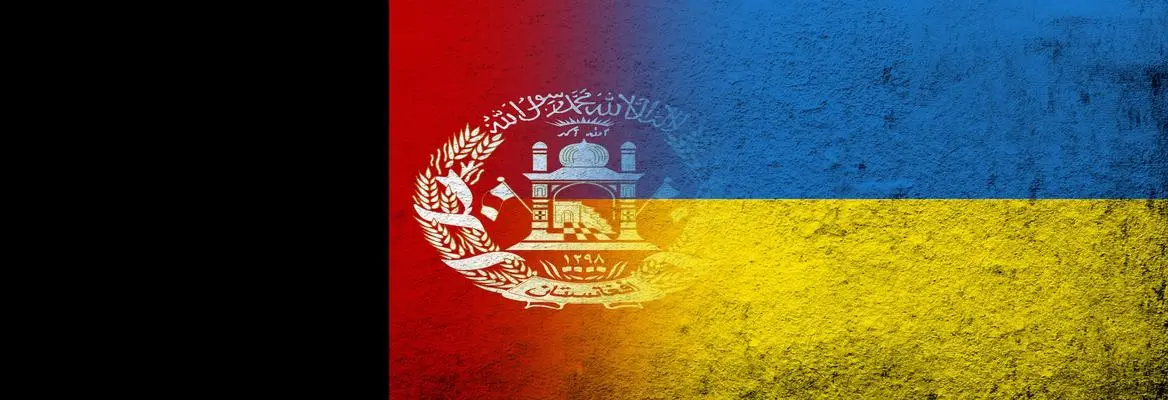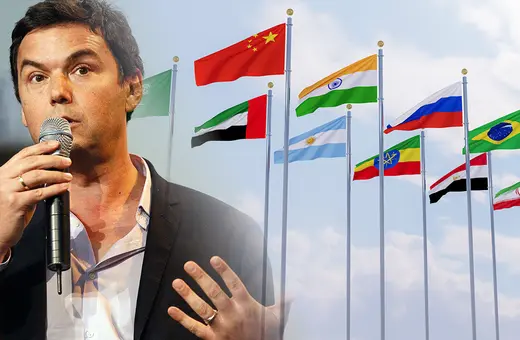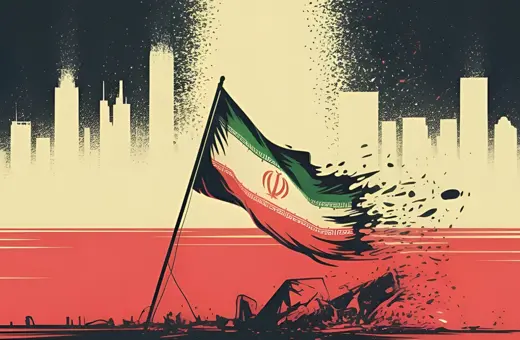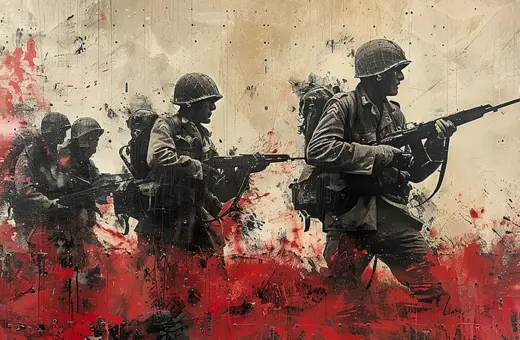One year from the fall of Kabul to the Taliban, the US and NATO have moved on. Their support for Ukraine, even if by proxy, has to some extent cleansed the memory of their failures in Afghanistan. But a reluctance to look back at what went wrong risks leading to the same mistakes being repeated in Ukraine, argues Hew Strachan.
For the US, NATO and the ‘west’, the differences between today’s war in Ukraine and yesterday’s war in Afghanistan seem so vast as to make comparisons redundant. One was a counter-insurgency campaign; the other is a major war for national defence. One was fought in Asia, the other in Europe. But for all the apparent differences, the similarities are sufficient to give us pause for thought.
NATO has marched on from one conflict to the other, allowing Afghanistan to fade into oblivion as it shifts to Ukraine. Once upon a time Afghanistan was, at least in comparison with Iraq, the ‘good war’; today’s good war is Ukraine. Both wars were and are shaped by the desire to defend values which we regard as central to democracies, but that commonality should be a powerful reminder of our own fickleness, given our readiness to accept the defeat of August 2021 without so much as a backward glance. Its anniversary must prompt us to reflect on the lessons Afghanistan should have taught us, as some of the same errors are in danger of being repeated in Ukraine.
___
It's a cop-out to say that nobody wins in modern war.
___
Beyond the rhetoric of shared values, in neither war has NATO’s conduct been characterised by a set of clear objectives. The internal tension within the strategy for Afghanistan - whether the war was about state-building or counter-terrorism - was not resolved until the peace negotiations unpicked America’s determination to stay in the fight. Today, NATO’s overwhelming priority is to enable Ukraine to defend itself. That relieves its members of any immediate pressure to decide what ultimate success might look like. Some, at least privately, would be happy to negotiate on the basis of the current front lines; others insist on the restoration of the frontier as it was on 24 February; and a few fantasise about Ukraine’s recovery of Crimea. For several leaders, the war in Ukraine is also a means to other ends, the fall of Putin and a stronger and revivified NATO.
For the moment, these aims can co-exist, just as counter-insurgency and counter-terrorism did for almost twenty years in Afghanistan. It was the peace deal with the Talban which exposed the tension. At some point the parties to the war in Ukraine will also have to choose. That moment will come whether NATO has to escalate its support to prevent an imminent Ukrainian collapse, or whether Ukraine attacks and takes the war into what Russia now sees as its own territory. In Afghanistan, NATO abandoned any clear idea of victory and lost in consequence. The Taliban did not - and they won. It's a cop-out to say that nobody wins in modern war.
___
Putin is not wrong to see Ukraine as a proxy war for NATO, despite the alliance’s own rebuttals.
___





















Join the conversation